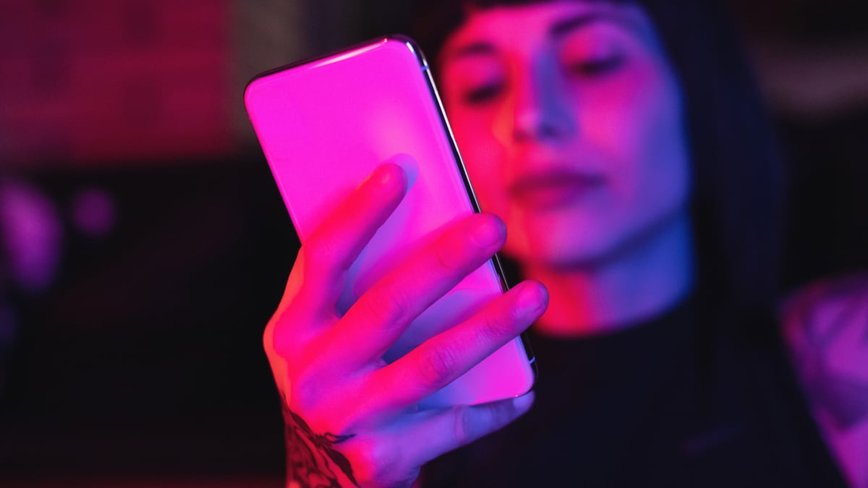
Flirting With Ai: Is It Cheating Or Just Digital Daydreaming? on OnlyLikeFans

AI in the Romance Arena: The New Frontier?
The rapid rise of artificial intelligence is reshaping the dynamics of modern relationships. From using AI to help break the ice on dating apps to exploring more intimate interactions with chatbots, the lines between digital and physical romance are blurring. Earlier this year, Christianna Silva and Cecily Mauran of Mashable debated if engaging with AI chatbots is a form of cheating. Now, fresh insights from the Kinsey Institute and DatingAdvice.com reveal what the public thinks.
In a survey engaging 2,000 American adults, 33% labeled either sexting or engaging romantically with AI as cheating. Of those, a striking 64% drew no line between sexual and emotional connections, considering both as breaches of faith. Meanwhile, 21% pointed only to sexting, and 15% solely to romantic relations as infidelity.
Emotional Entanglements: Human vs. Machine
According to Dr. Justin Lehmiller of the Kinsey Institute, "Most people don't distinguish between sexual and emotional intimacy when it comes to AI," highlighting how AI is challenging traditional relationship norms. This sentiment was echoed by Dr. Jennifer Gunsaullus, a sociologist, who observed, “These numbers reflect how unsettled some folks feel about intimacy in an age where AI blurs the lines between fantasy and real emotions.”
Beyond AI: The Digital Cheating Spectrum
The survey didn't stop at AI interactions. It explored how people feel about other digital activities that could constitute cheating. A significant 45% felt sending money to cam models crossed the fidelity line, while 36% objected to chatting with cam models online. Additionally, 33% were uncomfortable with partners subscribing to an OnlyFans account. Notably, 20% saw watching porn as a form of betrayal.
Defining Boundaries in the Age of AI
Dr. Gunsaullus emphasized that the crux of defining cheating in the digital era lies in communication. “Couples should discuss and set boundaries about AI interactions to nurture trust and connection. Assuming mutual understanding without these conversations can lead to misunderstandings and conflict.”















